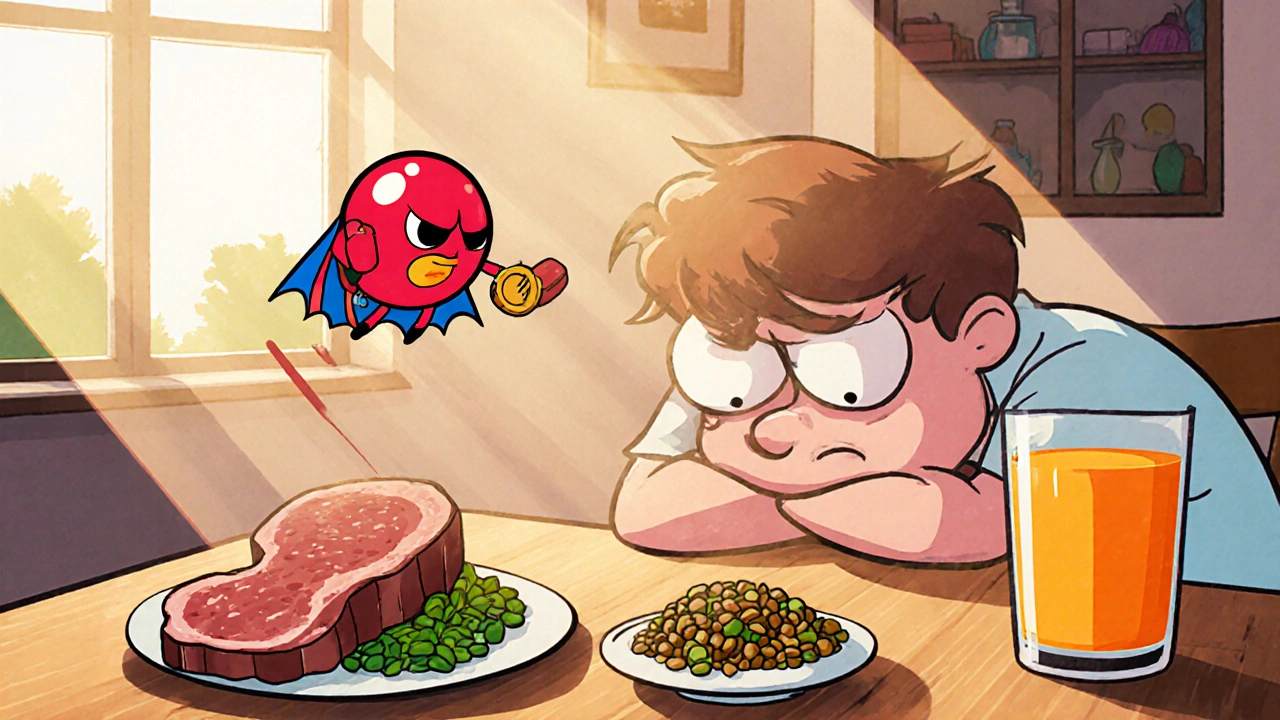Iron Deficiency: Causes, Symptoms, and How to Manage It
When dealing with iron deficiency, a condition where the body lacks enough iron to produce healthy red blood cells. Also known as low iron, it can lead to fatigue, weakness, and reduced mental performance. One of the most common outcomes of this condition is anemia, a reduction in red blood cell count or hemoglobin caused by insufficient iron. Treating the problem usually starts with iron supplements, pharmaceutical forms of elemental iron prescribed to raise body stores. In simple terms, iron deficiency encompasses low iron stores, requires iron supplements, and influences overall energy levels.
Key Factors to Consider
Understanding why iron levels drop helps you pick the right fix. Common causes include poor dietary iron, the amount of iron consumed through food and drinks, chronic blood loss, pregnancy, and gastrointestinal disorders that hinder absorption. Iron absorption itself depends on stomach acidity, the presence of vitamin C, and the type of iron—heme iron from meat is absorbed more efficiently than non‑heme iron from plants. People with conditions like celiac disease or inflammatory bowel disease often face hidden absorption problems, which is why doctors check ferritin levels to gauge iron stores. Age, gender, and activity level also shape risk: teenage girls, athletes, and older adults are especially vulnerable.
Diagnosing the issue starts with a simple blood test that measures hemoglobin, hematocrit, and ferritin. If results confirm low iron, the next step is a personalized plan that may combine oral supplements, dietary tweaks, and, in severe cases, intravenous iron. Monitoring progress every few weeks ensures you avoid excess iron, which can be harmful. The goal is to restore normal red‑blood‑cell production, improve stamina, and prevent long‑term complications like heart strain. Below you’ll find a curated set of articles that dive deeper into related medications, nutrition tips, and clinical guidelines, giving you actionable insight to tackle iron deficiency head‑on.

Anemia Linked to Pesticide Exposure: How Nutrient Deficiencies Boost Toxicity
Haig Sandavol Oct 16 9Explore how iron, B12 and folate deficiencies make the body more vulnerable to pesticide toxicity and cause anemia, with practical steps to detect and break the cycle.
More Detail